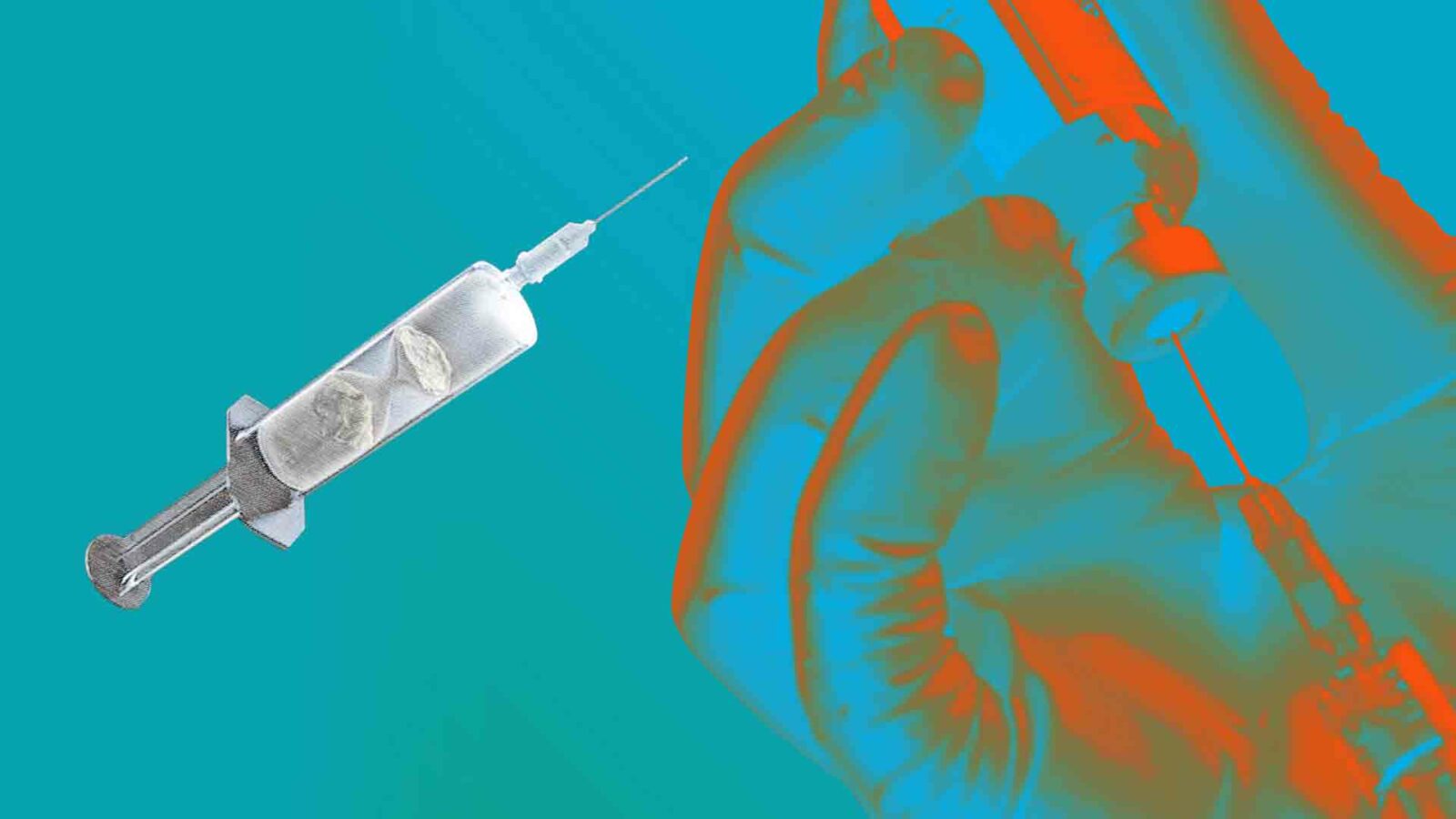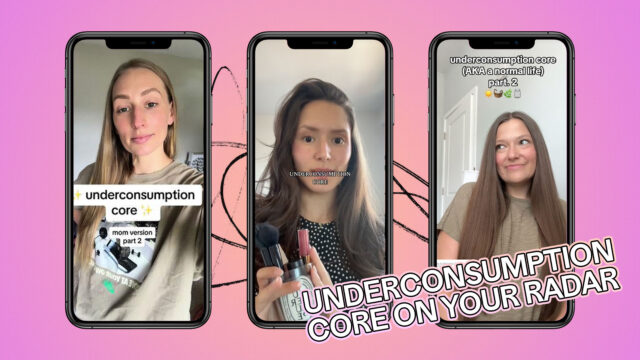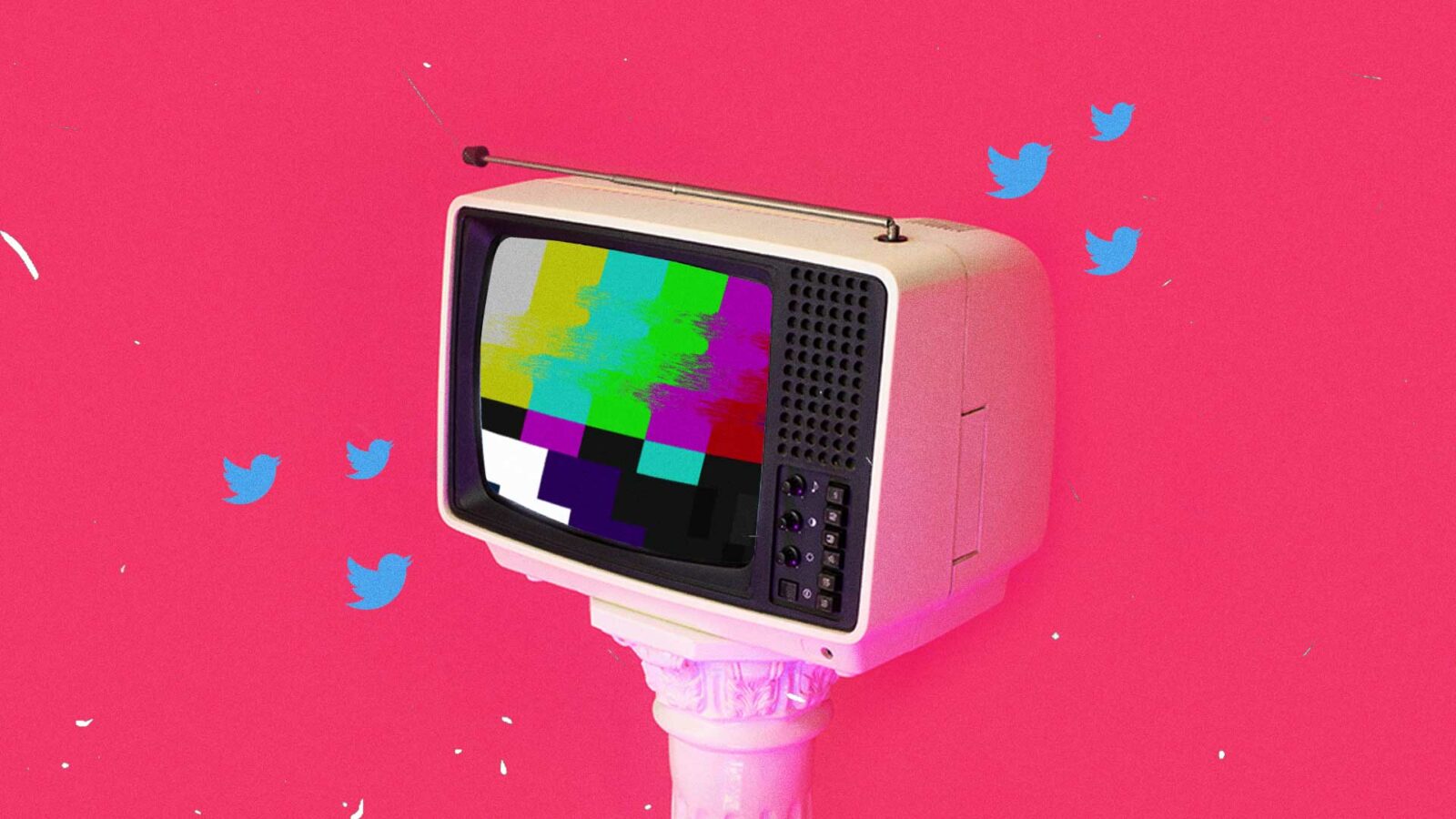When your parents are healthcare workers, the debate on vaccines becomes personal.
If you think that having important conversations about the need for a safe and highly effective vaccine is just “noise,” please check your privilege.
RELATED: So, You Want To Party Amid A Pandemic? Don’t.
NEW YEAR, NEW STRUGGLE
The end of 2020 gave people a sense of hope when it was announced that a few vaccines were approved for use and mass development. My parents, who risk their safety every time they get in their PPEs, leave the house, and go to the hospital, would finally get the help they deserve. I thought that in 2021, something good was finally going to happen and healthcare workers can finally get vaccinated. But things can’t be that simple and instead, we get vaccine delays, overpriced vaccines that have a lower efficacy rate compared to cheaper vaccines, certain people getting the vaccine early despite the fact that it was not FDA approved—and more.
It is infuriating how like with a lot of things in this country, the vaccines are turned into an unnecessary spectacle. I asked my parents and other healthcare workers for their opinions, considering that they are at the heart of the vaccination roll-out. It became clear to me that the feeling of frustration is shared amongst them.
“It feels frustrating as to why it took so long when this should have been thought of a long time ago,” said one doctor.
“It’s sad but I’m not surprised. Doctors were already informed that these vaccines will be arriving on a specific date and yet they did not. It’s not even clear why there was and will be a delay despite a date given already. There’s no transparency at all,” added another doctor.
I want my parents to be safe. I want all doctors and nurses to be safe. Even if I do not get vaccinated within the year or next, I will be happy as long as my parents are. So when the government pushes a vaccine that is proven to be less effective than other vaccines and not recommended by the FDA to be given to the healthcare workers, it raises a lot of questions. All this uncertainty has affected how the healthcare workers I know see the vaccines.
One doctor told me that she would not take the Chinese-made vaccines even if they offered them to her as she would prefer a vaccine with a higher efficacy rate. She says that as of now, she is willing to wait until other, more effective vaccines, are available.
Another doctor said that he would get the Chinese-made vaccines if he had no choice. But he added, even if these vaccines significantly lowers the chances of severe symptoms and death, the low efficacy rates mean that there is still a good chance he will get the virus. Even if the symptoms will be mild, he will still be away from his patients for at least two weeks which he says is an added inconvenience on a healthcare system that is already under attack.
Discrediting Important Discussions
A few days ago, I came across a post that said that when people are vocal about issues such as with the vaccines or other relevant topics and voice their dissent, it just contributes to noise. This reminded me of a quote that goes: “Politics doesn’t interest you because you have no interest in changing the world that suits you so well.”
I mean, if you want to talk about noise, that is when you discredit and malign healthcare workers who raise valid points that need to be discussed. When doctors and healthcare workers raise these types of questions, they aren’t “making noise” as some people falsely claim. These vaccines could be the key to ending the pandemic so it’s important to talk about them to clarify any questions or hesitations.
You don’t lower your standards when it comes to your public officials and holding them accountable for their actions. We hold government officials in higher regard for accountability because it is their job to do what is right for the people, not for themselves. This is precisely why it is disappointing: how slow this vaccine rollout is going. But apparently for some people, expressing criticism should be illegal in this country.
Holding On To Hope
Pretty soon, it will have been a long and lingering year since the start of the lockdown, and yet, things are still not going well or anywhere, as it seems. When the government just follows through on the bare minimum standards of mask-wearing, physical distancing, and handwashing, as well as of a false sense of security with the face shield, don’t be surprised when people have their doubts. If the last year taught me anything, it’s that transparency and the people’s best interest are not necessarily their top priorities.
With so much controversy going around, I understand the doubt my parents have. They want to get vaccinated, but given current events, they understandably have their reservations. Seeing all these issues related to the country’s vaccination plans knowing that my parents are going to be some of the first people to get the shots.
Hopefully, my parents and their fellow healthcare workers can get vaccinated by the end of the year. More so, one can only wish that politicians won’t use the vaccines to further their political agendas, because we have an election in just over a year from now (if you aren’t registered to vote, do so). Now, when the vaccine comes out, I do hope that the priority groups get it first and that people would get a fair chance of getting the vaccine instead of having to fight for it or paying to go on a VIP list.
It is sad that my parents and other healthcare workers have to deal with this situation, but it is a reality that they face daily. They want what’s best because their lives are on the line and if people actually started listening to them, maybe things could get better.






